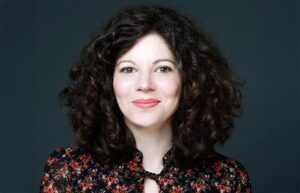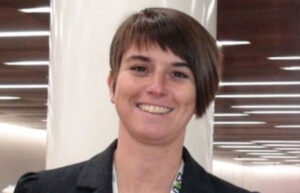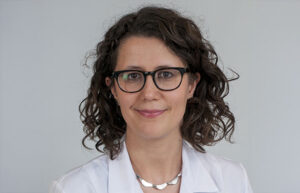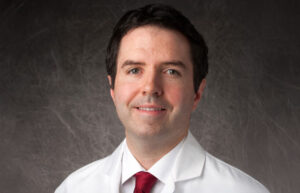Presenter Profile: Ioannis “Johnny” Vlahos, BSc, MBBS, MRCP, FRCR
Professor, Thoracic Imaging and Deputy Division Head (Education) in the Division of Diagnostic Imaging
University of Texas MD Anderson Cancer Center, Houston, Texas
ILCN: What is your presentation about?
My presentation relates to the difficulty that radiologists encounter in accurately applying the TNM staging system in daily practice. This can lead to significant inter-radiologist variations in the applied staging. In some instances, these differences may relate to expertise and knowledge variations, but more broadly this may relate to ambiguity in classifications or technical differences in imaging acquisition.
ILCN: Why is this topic timely or important in 2024?
As we transition to the proposals for the 9th edition of TNM, it is important for us to consider legacy staging issues and new potential areas of difficulty. For example, one area of potential considerations is the consistent and accurate determination of multiple station nodal disease. As we simultaneously start to prepare the multi-year processes for future iterations of our staging systems, this is an important time to consider prospectively addressing these issues in future staging systems.

07:30-08:15 PDT, Monday, September 9
Room 30BC, San Diego Convention Center
Meet the Expert: Radiological Challenges in Lung Cancer
During a Meet-the-Expert session, Ioannis “Johnny” Vlahos, BSc, MBBS., MRCP, FRCR, will discuss Radiological Challenges in the Uniform Application of TNM Staging of NSCLC. The session will also include a talk on artificial intelligence in lung cancer radiology.
ILCN: How did you become involved with this area of lung cancer research, care, or advocacy?
I worked for many years at tertiary lung cancer referral centers at New York University in New York and then at St. George’s Hospital in London. Seeing the transformation of lung cancer during the past 10 years and the impact radiology can have in assisting in treatment planning, prompted me to focus on lung cancer imaging. For the past 5 years, I have been privileged to work at MD Anderson Cancer Center allowing me to pursue state-of-the-art imaging alongside similar level clinical care delivered by my clinical colleagues.
ILCN: What are you most looking forward to during the 50th Anniversary World Conference on Lung Cancer?
I am most interested in hearing from my clinical colleagues about the latest paradigms in personalized lung cancer care. In recent years the advent of targeted therapies, immunotherapy and choices for surgical/radiation/interventional procedures have transformed the more traditional management protocols. How we develop staging systems that move beyond the physical extent of disease to incorporate this new knowledge will be an important task in the next few years.










